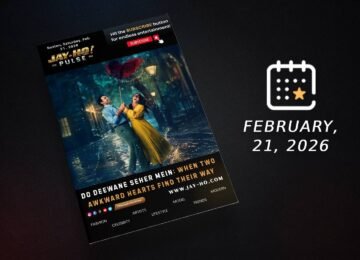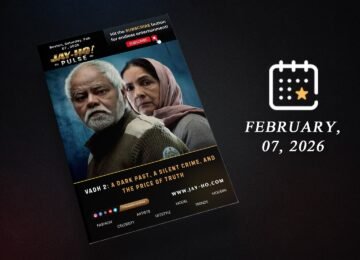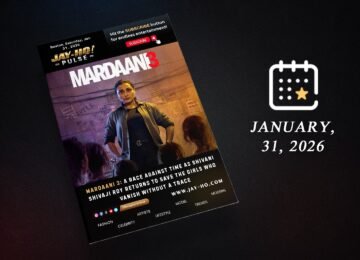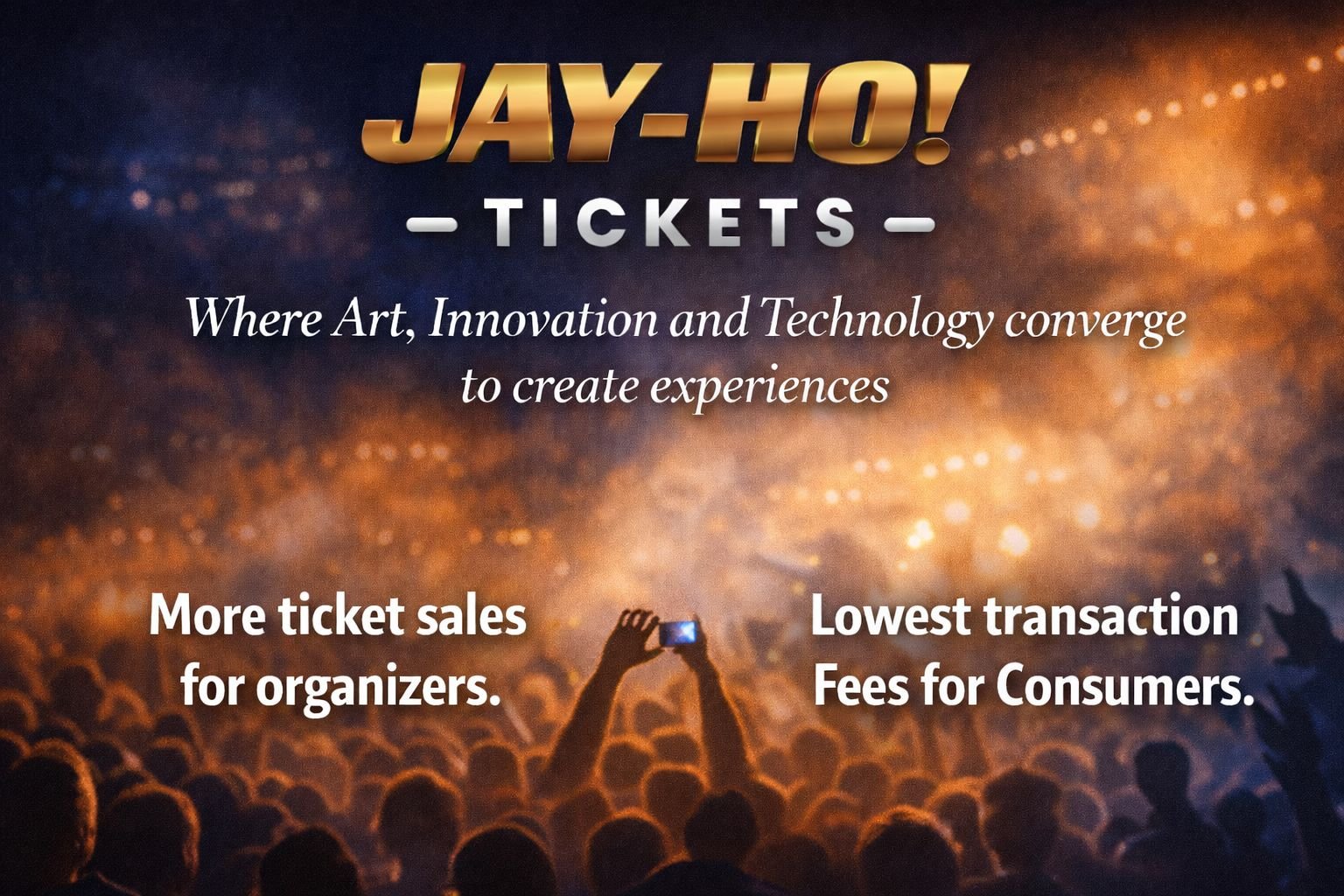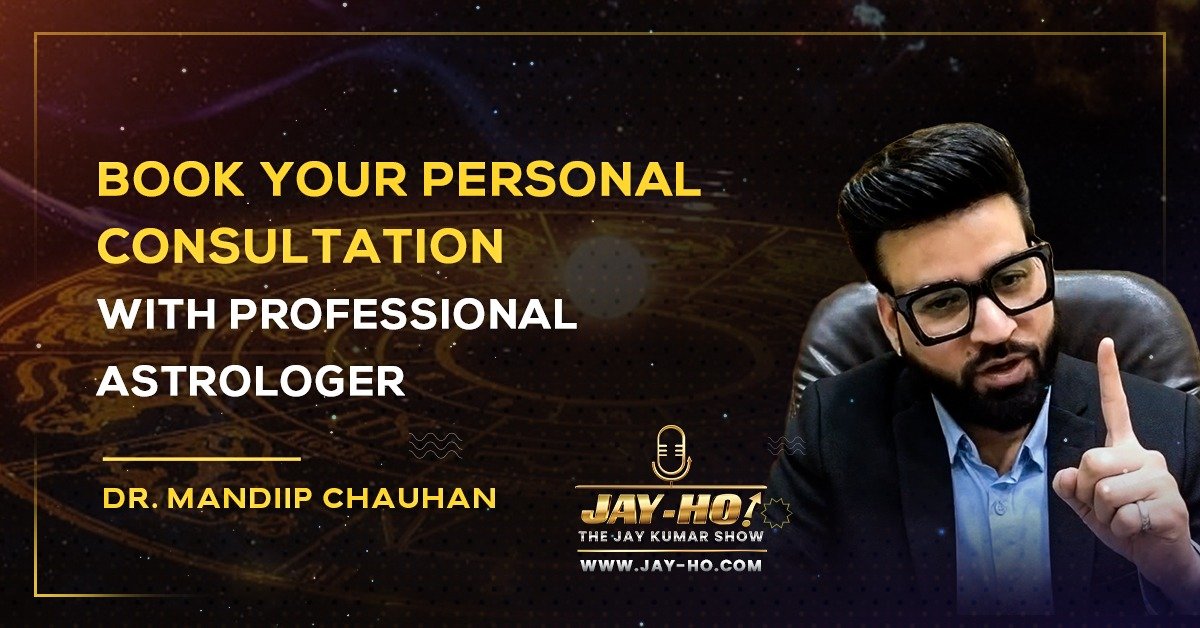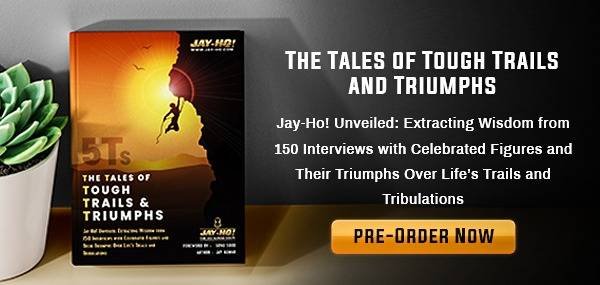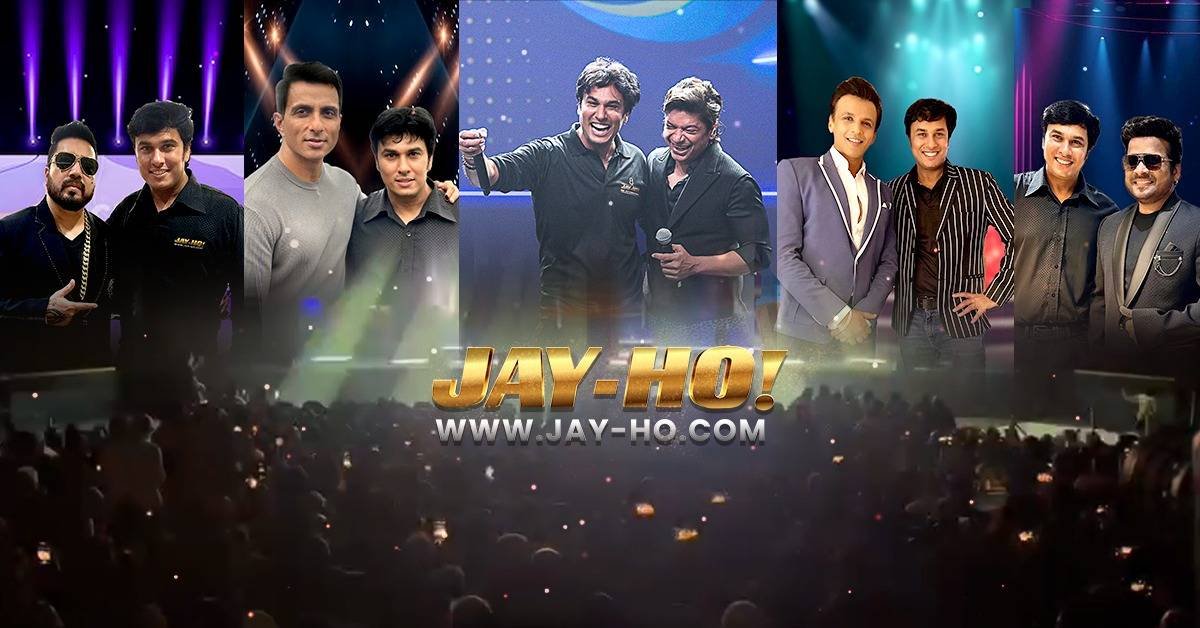Imagine pouring your heart into a film, only to see someone—or worse, something—come back years later and rewrite the ending without even asking. That’s exactly what happened with Raanjhanaa, and Dhanush is not staying silent about it.
In a strong public statement, Dhanush has called out the AI-generated re-edit of his 2013 cult hit Raanjhanaa, slamming it for “stripping the film of its very soul.” The altered version gave the film a so-called “happy ending,” which, according to the actor, goes completely against what the story stood for.
AI Took the Heart Out of Raanjhanaa
Let’s rewind for a second. Raanjhanaa wasn’t just a love story—it was an emotional rollercoaster that left a lasting impression on anyone who watched it. The film’s raw and tragic ending wasn’t just a plot point; it was the heart of the entire narrative.
So when an AI-generated version popped up online with a new “uplifting” conclusion, it understandably shocked the fans—and enraged the creators.
Dhanush, who played Kundan in the film, said in his statement that the AI-edit deeply disturbed him. “It was released despite my objection,” he added, making it clear that neither he nor the team had signed off on this.
Aanand L. Rai Also Speaks Out
Director Aanand L. Rai wasn’t far behind in voicing his disapproval. He called the re-release “unauthorised” and “deeply upsetting.” For a filmmaker like him—who’s known for capturing emotional depth and complexity—the idea that an algorithm could rework years of creative effort with a few lines of code is more than just frustrating. It’s disrespectful.
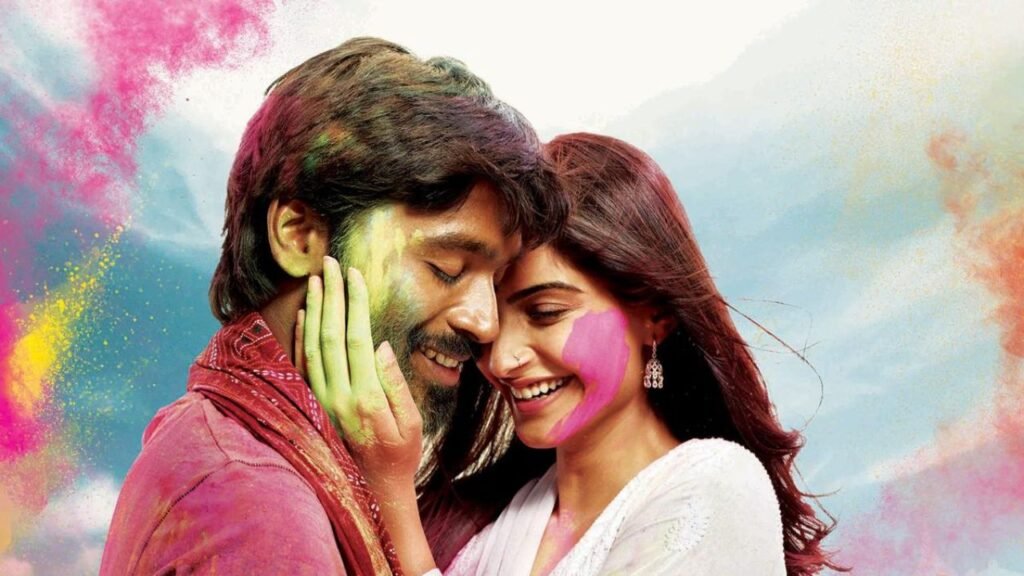
Both Dhanush and Rai are now sparking a much-needed conversation about the ethical boundaries of artificial intelligence in the arts. Just because we can use AI to alter creative work doesn’t mean we should.
So… What’s the Big Deal?
You might wonder: what’s the harm in giving a sad movie a happy twist? Isn’t it just for fun?
Here’s the thing—films are art. They’re not just content to be remixed like a meme. Every emotion, every twist, every tear-jerking ending is intentional. Changing that ending, especially without permission, is like rewriting a novel without the author’s approval. It’s not just a creative choice—it’s a breach of trust.
More importantly, the AI version of Raanjhanaa ignores the cultural and emotional context that made the original so impactful. It turns a raw, messy, beautiful love story into something artificial and hollow.
A Wake-Up Call for the Industry
This isn’t just about one movie. This is about where things might be headed if AI is allowed to tamper with creative work without boundaries. From deepfake actors to auto-generated scripts, we’re already seeing AI creep into film production. But when it starts rewriting existing stories—without creators onboard—it crosses a line.
Dhanush and Aanand L. Rai taking a stand now is important, because it sets the tone for how seriously the industry takes these issues moving forward.
Respect the Art, Respect the Artist
At the end of the day, Raanjhanaa is more than a film. It’s a feeling. And feelings aren’t meant to be edited by code.
Dhanush calling out the AI version isn’t just about preserving his role—it’s about standing up for creativity in a world that’s getting dangerously automated. The message is simple: you don’t need an algorithm to make art better. You need heart.
.


